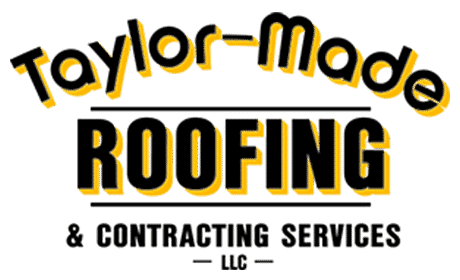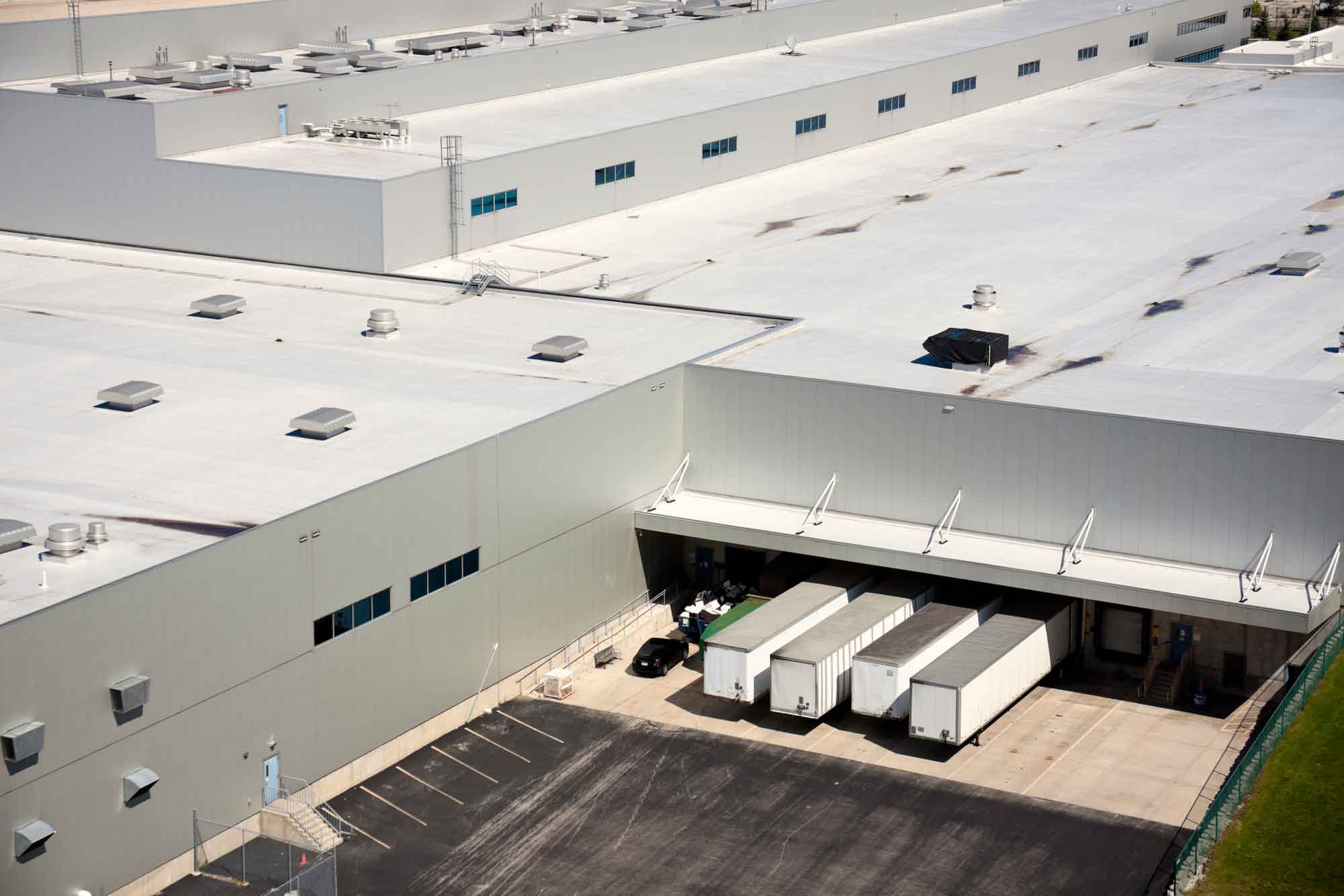If your home or building needs a new roof, you may be asking yourself, what is TPO roofing? Thermoplastic polyolefin (TPO) is a unique type of roofing membrane that has become increasingly popular due to its economical installed cost and performance advantages. As facilities managers and administrators face the difficult demands of growing power requirements and shrinking budgets, TPO roofing can provide excellent energy efficiency, UV protection, and chemical resistance. TPO is also suitable for homes, apartments, and multi-family dwellings.
What Is TPO Roofing?
So what is TPO roofing? TPO roofing membrane consists of blended materials, including polypropylene, polyethylene, rubber, and reinforcing filler. The single-ply material is a combination of ethylene-propylene polymers and polypropylene encapsulated in a reinforced polyester membrane. In addition, the structure of TPO is strengthened with UV absorption agents and flame retardants as well as other ingredients designed to enhance the physical properties of the membrane.
TPO Roofing Installation
TPO roofing systems are designed to last up to 20 years, depending on the existing roof and the type of installation that is chosen. The technology has been around since 1980, and modern roofing systems are available in thicknesses ranging from .045 to .080 mil. In most instances, building owners choose a white color, but tan and gray are also available.
During the actual installation process, the TPO membranes and flashing are heat welded, mechanically attached, or ballasted together. The heat-welding process creates extraordinary strength, since the glue becomes chemically bonded to the membrane itself. The material is laid over the top of the roof and adheres directly to the underlying substrate. Hot air equipment (capable of producing temperatures around 1000 degrees Fahrenheit) is used to seal the material around the edges and at the penetrations in open areas.
In a ballast configuration, the membrane is draped over the roof, and river rock or pavers are applied over the material in a specific pounds-per-square-foot formula. Mechanically attached membranes require the use of screw fasteners anchored at regular intervals. The type of screw that is used depends on the substrate where the membrane is attached. In either type of installation, the edges and penetrations are also directly heat sealed.
TPO Roofing Advantages
Adaptable to Different Styles
TPO is highly flexible and can be adapted to accommodate many different roofing styles. Additionally, TPO is available in several reflective color options instead of only white. All TPO colors are UV resistant and reflective.
Economical Installation
One of the most compelling reasons to choose a TPO roof is the relatively low installation cost. TPO provides the same kind of benefits as PVC roofing, but it’s not as labor intensive.
Energy Efficient
TPO has inherent energy-efficiency characteristics since it has the ability to reject and reflect UV light and heat. These properties can help lower utility costs and extend the life of your HVAC equipment.
Durability
When compared to traditional thermoplastic membrane roofs, TPO has superior mold and dirt resistance, and it’s also impervious to most punctures and tears. By its nature, TPO can adapt to the expansion and contraction of a building more efficiently than competing single-ply products.
Choosing a TPO Roof
TPO roofing systems provide economical solutions to the majority of roofing issues. Always ask questions to fully understand your material and installation options before purchasing a new roof. Finally, remember to select a roofing contractor who is knowledgeable and experienced in the TPO installation process.
If you live in southwest Missouri and need help with your roof, contact the professionals at Taylor-Made Roofing. With over 20 years of experience in residential and commercial roofing, Taylor-Made Roofing is a company that you can trust with all of your roofing needs. Our family-owned business offers quality services, a reassuring warranty, and free estimates. For more information, please give us a call at 417-326-8778 or contact us online. We look forward to hearing from you!

